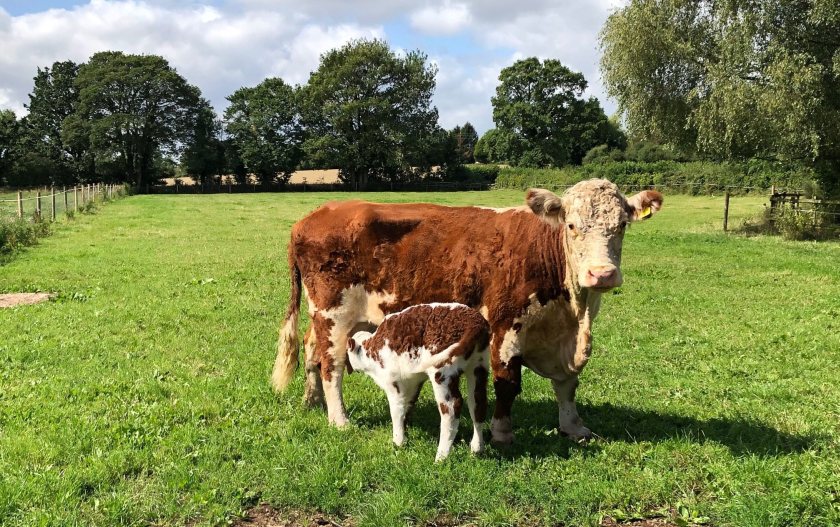
The largest certifier of organic land in the UK says it is pushing for policy recognition with the launch of its new manifesto.
Organic Farmers and Growers (OF&G), which certifies over 30% of the UK organic sector, said the manifesto was 'stripped back' to display the 'essential truths'.
The manifesto highlights the advantages of the organic approach in response to the post-Brexit transitional upheaval underway in the UK farming industry.
The blueprint, which aims to convey organic to policymakers in a simplified manner, criticises 'confusing' terms like regenerative and agroecological, as they "lack legally defined, whole-system standards."
The certifier's chief executive, Roger Kerr, said the manifesto was asking for organic to be given "clear and unambiguous recognition".
“Policymakers must acknowledge organic’s potential to contribute positively to the challenges we all face, in alleviating the social and environmental impacts of our farming and food system.”
The manifesto sets out the case for why policymakers should consider organic and to help farmers, food businesses and consumers recognise its benefits.
Establishing ten reasons why organic deserves to be acknowledged, it covers globally recognised standards, transformative farming practices, food supply chain, carbon sequestration, biodiversity enhancements and market opportunities.
Mr Kerr said that OF&G had been 'lobbying continuously' on behalf of its licensees to secure organic’s inclusion within future farming policy frameworks.
“A lack of detail and continuing uncertainty is hampering the development of agricultural policy and regulation which, in turn, means farmers are unable to make long term plans," he said.
"Progress feels very slow when, in our opinion, the legal regulatory framework that already underpins organic farming, also offers a firm basis to help deliver on Defra’s stated aims for the provision of public goods in a substantive and cost-effective way.”
Mr Kerr insists that with decades of research supporting organic’s outcomes, the manifesto provides an opportunity to convey a factual account of its advantages that will encourage wider recognition.
“We felt it important to strip the manifesto back to the essential truths,” he said, “OF&G is not suggesting every UK farm embrace organic conversion, but that a range of diverse approaches, including organic, will help protect our environment while delivering the resilience necessary for farmers to continue to produce food.
“Environmentally favourable farming practices are undergoing re-invention and rebranding, however organic provides the only clear, current and verified solution."
